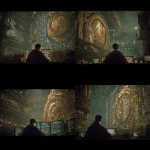Explore the Best AI Image Gallery
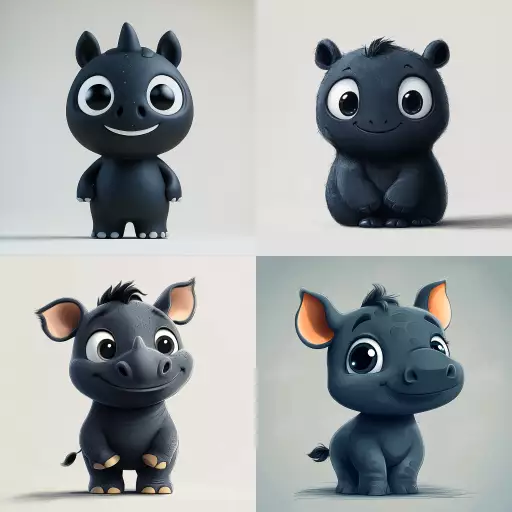
The Algorithmic Muse: AI-Generated Media and the Future of Creativity
The realm of creativity is undergoing a profound transformation, fueled by the rise of artificial intelligence (AI). AI-generated media, encompassing everything from text and images to music and video, is rapidly blurring the lines between human and machine creation. This burgeoning field presents both exciting opportunities and complex ethical challenges for artists, designers, and consumers alike.
A New Creative Frontier
AI algorithms are becoming increasingly sophisticated at mimicking and even surpassing human creativity. Generative adversarial networks (GANs), a type of AI, can produce stunningly realistic images, while text-to-music algorithms can compose original melodies in various genres. These advancements have opened up a world of possibilities for creative expression:
- Democratization of Creativity: AI tools can empower individuals with limited technical skills to create professional-quality content, fostering greater accessibility and inclusivity in the creative process.
- Accelerated Design Workflow: AI can assist artists and designers by generating initial concepts, variations, or iterations, streamlining workflows and freeing up time for higher-level creative tasks.
- Novel Artistic Expressions: AI algorithms can explore uncharted territories of creativity, generating unique and unexpected outputs that push the boundaries of traditional art forms.
Navigating Ethical Considerations
While the potential benefits of AI-generated media are undeniable, it is crucial to address the ethical implications associated with this technology:
- Copyright and Ownership: Who owns the copyright to AI-generated content? Is it the creator of the algorithm, the user who provides input, or the AI itself?
- Bias and Representation: AI algorithms are trained on vast datasets, which may contain inherent biases that reflect societal stereotypes. This can result in AI-generated media perpetuating harmful representations and inequalities.
- Authenticity and Trust: The increasing ease of creating realistic but synthetic content raises concerns about authenticity and trust. It becomes more challenging to distinguish between human-created and AI-generated work, potentially impacting journalism, advertising, and other fields.
Shaping the Future of Creativity
As AI continues to evolve, its impact on the creative industry will only intensify. Here are some potential future trends:
- Personalized Creative Experiences: AI algorithms could tailor creative outputs to individual preferences and tastes, leading to more personalized and engaging artistic experiences.
- Collaboration between Humans and AI: We may see a shift towards collaborative creative processes where humans and AI work together to generate innovative ideas and content.
- New Art Forms Emerge: AI could pave the way for entirely new art forms that leverage its unique capabilities, blurring the lines between physical and digital realms.
The future of creativity is a dynamic landscape shaped by the convergence of human ingenuity and artificial intelligence. By embracing ethical considerations, fostering collaboration, and exploring the boundless possibilities of AI-generated media, we can unlock a new era of artistic expression and innovation.


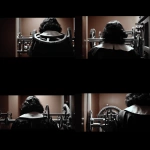
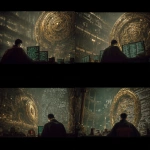
](https://images.ai-img.art/thumbnails/150/7889b264cc5c27f6b7a00af1767a689c9df2b49d36667764d8322ae0c0fed64a.webp)
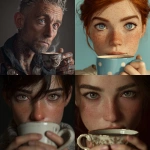
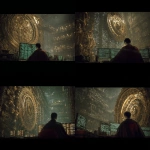
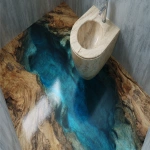
](https://images.ai-img.art/thumbnails/150/24ccaad8968bce75611aa4ff739695d61b7d06bd128d44cfbb3a6c46be30ed33.webp)


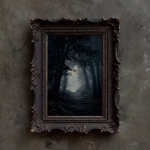
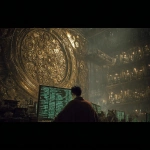
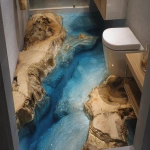
](https://images.ai-img.art/thumbnails/150/0d2c5ff24ca9024b95b5f0d1d0e673146e5dd5f31c7b3a7092322afe4a3c46eb.webp)
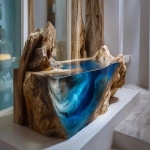
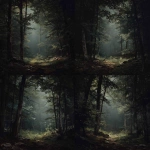
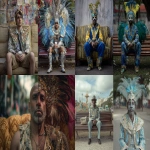
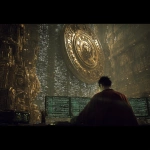
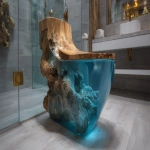

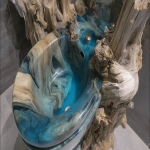
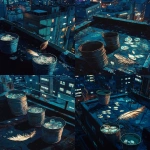

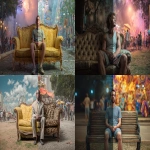
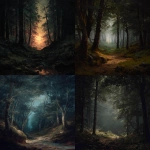
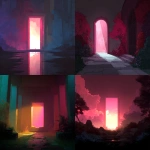


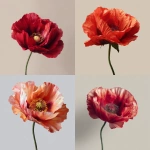
](https://images.ai-img.art/thumbnails/150/8fd5788e152269ccc7eeb4a5287499cc5f55ca46d75afc237030f50a1b60c6ca.webp)
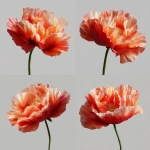
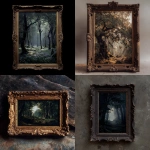
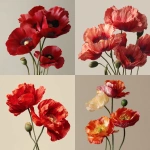
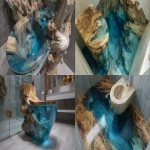
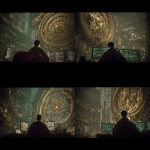
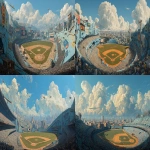
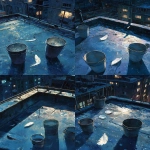
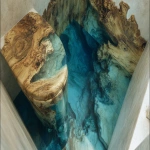
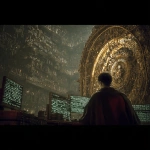
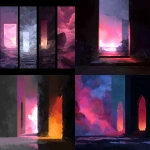
](https://images.ai-img.art/thumbnails/150/69daab74527edc292198788487e2d0d5f1bb1aba897d85b79ff4015ea305631d.webp)
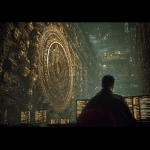

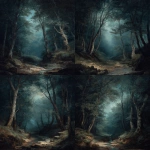
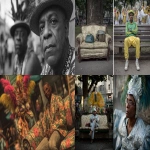

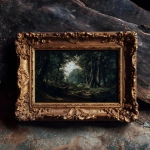
](https://images.ai-img.art/thumbnails/150/786d3898a4574da9c53e922bd2a30035084a90a9a6f5cc6bee514d0150ba3403.webp)
